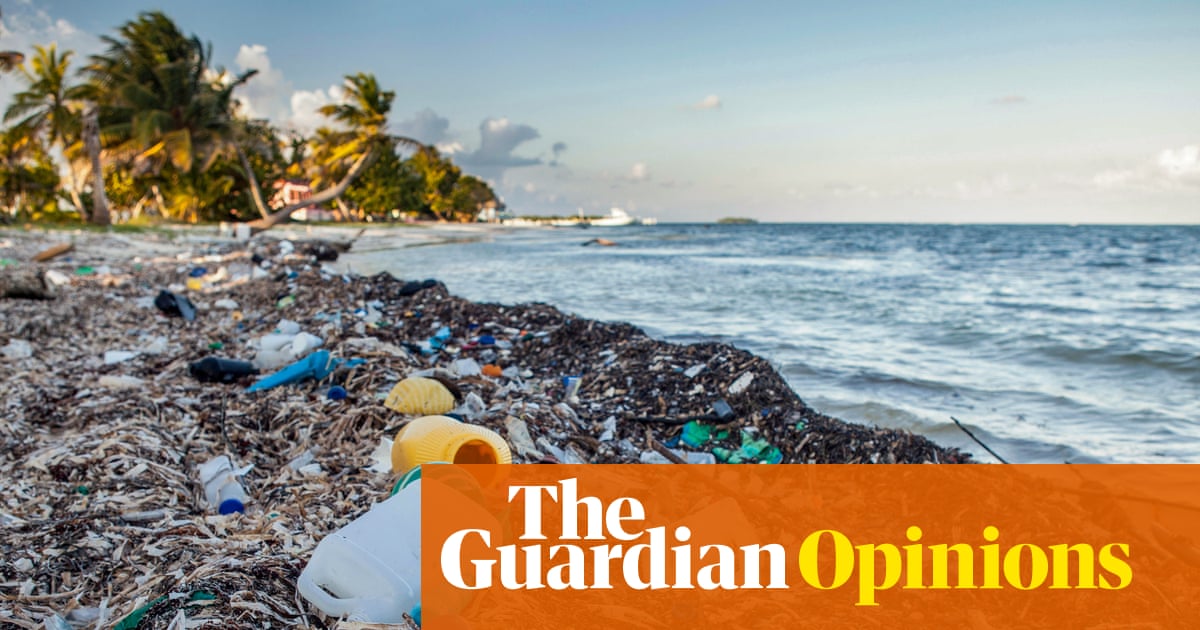
"A review published this month documented how exposure to microplastics is associated with increased risks of miscarriage, stillbirth, birth defects, impaired lung growth, childhood cancer, and fertility problems as an adult."
"Even as our awareness of the danger to human and planetary health soars, so does plastic production, which is expected to triple to more than a billion tonnes a year within 35 years."
"Half of the plastic produced annually is for single-use items, largely driven by petrostates viewing petrochemicals as a solution to maintain demand amid the energy shift."
"Despite the potential of a binding global treaty to address the impact of plastics, discussions have faltered, with some states preferring limited measures that fail to address production and toxic chemicals."
The obstruction of UN talks aimed at creating a binding agreement to combat plastic pollution has left future generations vulnerable to its harmful effects. Microplastics, present from cradle to grave in human bodies, are linked to severe health issues, especially in foetuses and young children. Despite increasing awareness of these dangers, global plastic production is set to triple in the next 35 years, with single-use plastics accounting for half of all production. Petrostate resistance to decisive action allows the problem to persist, thwarting meaningful global cooperation on this issue.
Read at www.theguardian.com
Unable to calculate read time
Collection
[
|
...
]